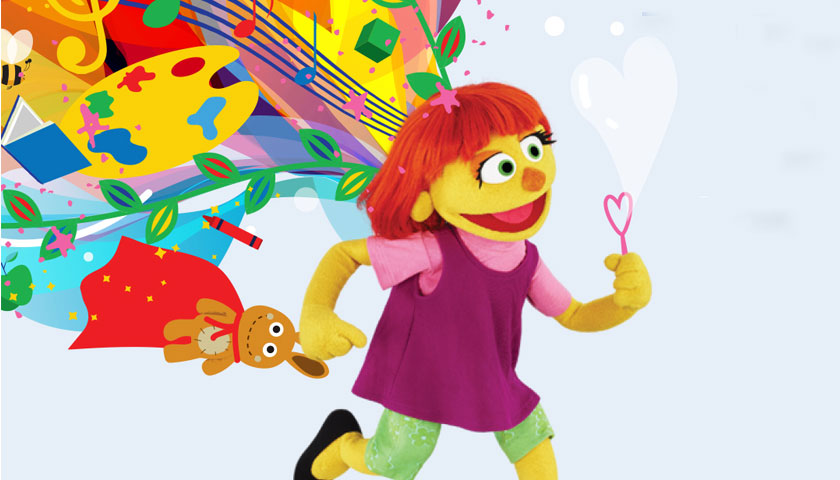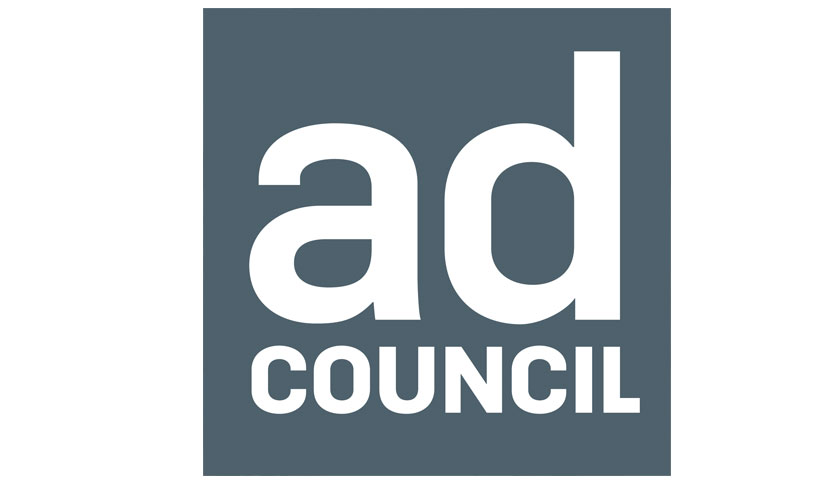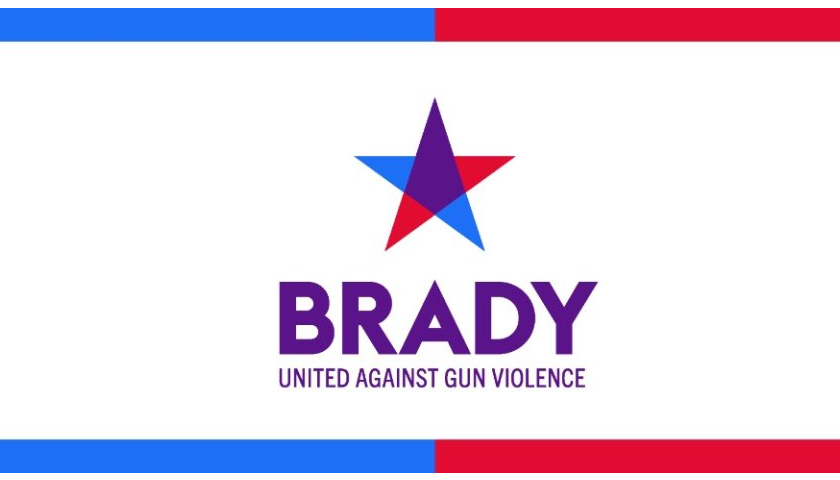Though autism can be reliably diagnosed as early as age 18 months, most children aren’t diagnosed until between 4 and 5 years old—and studies indicate that age is even higher for low-income and minority children. A new bilingual awareness campaign featuring Julia, a four-year-old Sesame Street Muppet with autism, launched today to promote early screening and diagnosis, which can open a world of possibilities for the estimated 1 in 59 children with autism.
The multimedia campaign, including new video public service announcements, grew out of a partnership between the Ad Council, Autism Speaks and Sesame Workshop. The campaign stars Julia and her Sesame Street friends and family, helping parents to learn the signs of autism and understand the importance of early screening and diagnosis, ultimately making a meaningful difference in the lives of children with autism.
“Receiving an autism diagnosis is just the first step in creating a better future for a child on the spectrum, and there are multiple benefits to getting that early diagnosis,” said Autism Speaks President and CEO Angela Geiger. “Research shows that early intervention can have a positive impact in so many ways, and we are dedicated to helping parents learn the signs and feel empowered to help their children lead their best lives.”
While the American Academy of Pediatrics recommends screening for every child at the 18- and 24-month well-child visits, a recent survey conducted by the Ad Council and Autism Speaks found that 66 percent of parents of children ages 6 and under say their child has not been screened for autism. This prompted the creation of the campaign focused on promoting early screening and the resources and possibilities that are available once a child is diagnosed.
With pro-bono support from ad agency BBDO and sister agency Dieste, the English and Spanish-language videos show Julia taking on everyday activities in her unique way, whether it’s playing music with her friends or communicating with her family using a “talker,” an electronic tablet. Julia’s adventures show audiences that the more her family and friends understand her world, the brighter she shines.
“Early screening made a lifetime of difference for Julia and her family, and we’re thrilled to share her story with families through this campaign,” said Sherrie Westin, President of Social Impact and Philanthropy, Sesame Workshop. “Through our Sesame Street and Autism: See Amazing in All Children initiative, Julia has shown that all children are amazing in their own ways. With the right support, every child can reach their full potential.”
The spot encourages parents to visit ScreenForAutism.org or DeteccionDeAutismo.org, where they can find resources in both English and Spanish to help identify the signs of autism, access an autism screening questionnaire, seek information from Autism Speaks’ Autism Response Team and find supports for before, during and after diagnosis. The site also includes free, bilingual resources for families from the Sesame Street and Autism: See Amazing in All Children initiative. Building on the print, online and outdoor public service announcements released in April, the new videos will appear nationwide in donated media, in TV and digital formats.
“Innovative partnerships, like this one with Sesame Workshop and Autism Speaks, are critical to continuing the national dialogue about autism and helping parents understand the lifetime of difference early screening can make for children with autism,” Lisa Sherman, president and CEO of the Ad Council, said.
“Sesame Street has such an emotional and relatable connection with parents. By featuring Julia, we instantly become approachable for a topic that can sometimes be intimidating for them,” said Kevin Mulroy, Creative Director at BBDO NY. “Julia’s positivity and spirit help bring levity while communicating the signs of autism.”
The CDC reports the overall prevalence of autism in the U.S. is 1 in 59 children, yet the reported prevalence among white children is 7 percent higher than African-American children and 22 percent higher than Hispanic children – pointing to potential missed or delayed diagnosis in those groups. The campaign aims to help lower the age of diagnosis for all children, no matter their ethnicity or socioeconomic status. Studies show that early diagnosis and intensive behavioral intervention improves learning, communication and social skills in young children with autism spectrum disorder.


